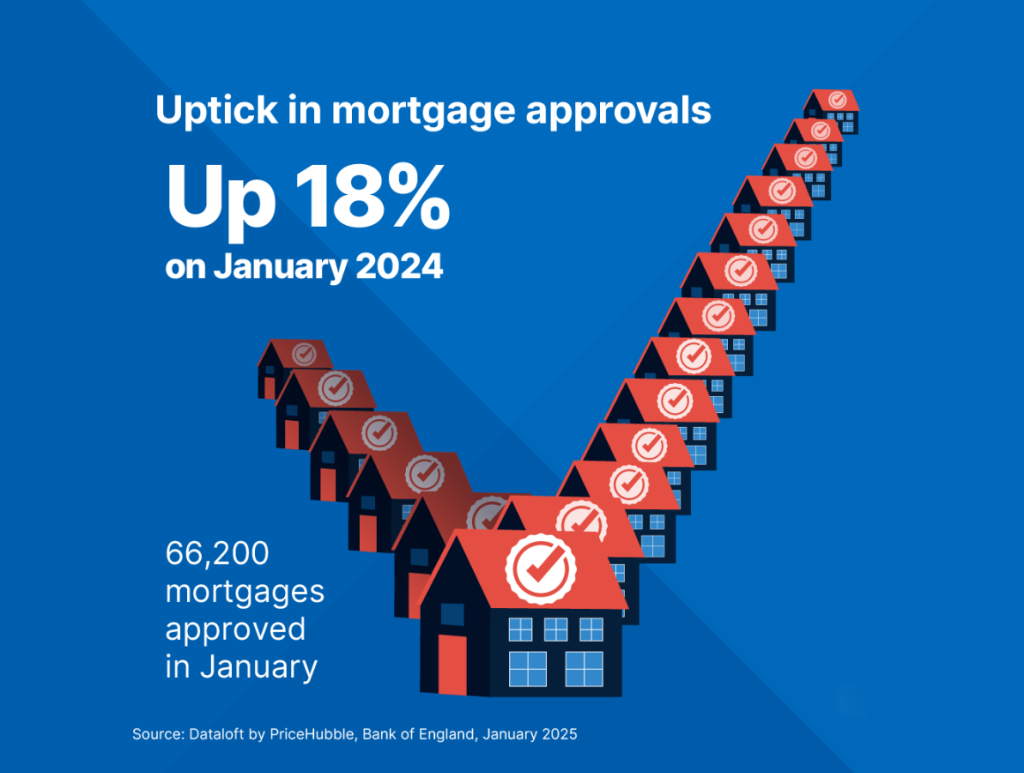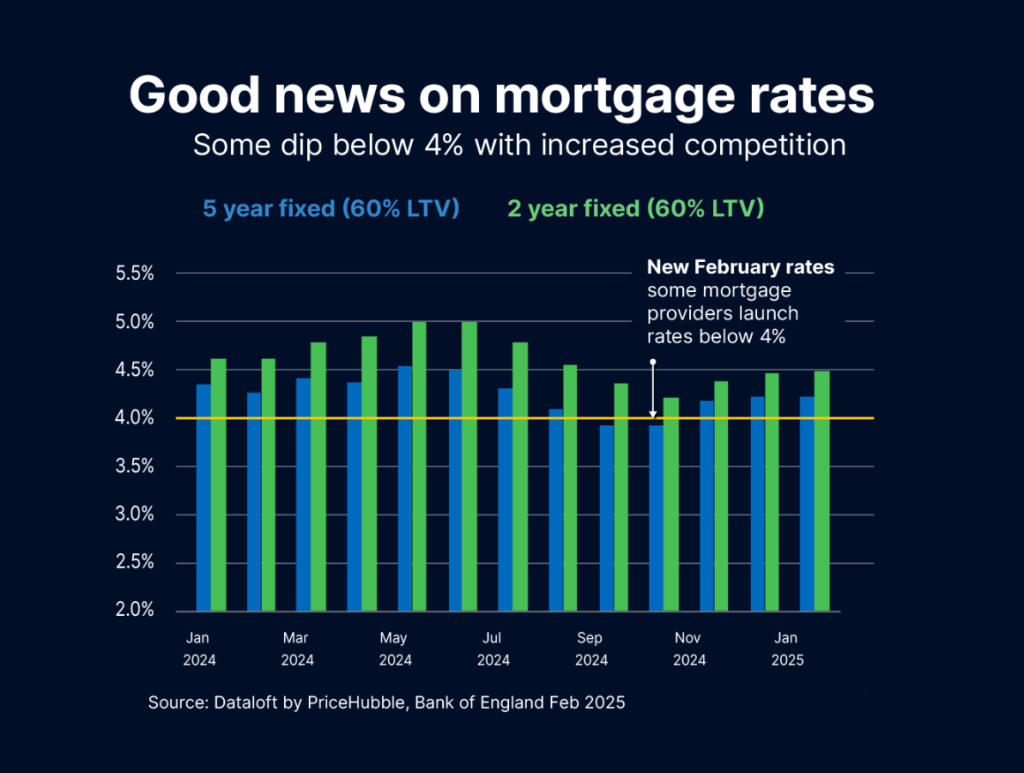- Mortgages
Mortgages
Bad Credit Mortgages
- Shared Ownership
- Insurance
Insurance
Life Insurance for Families
Life Insurance for Seniors
- Specialist lending
- About
- Events
Don’t let being self-employed hold you back from getting the perfect mortgage deal. There are more options available to you than you might think, and speaking to an expert can help you navigate through any limitations.
In the past, only specialist providers would consider lending to the self-employed. Whereas now, many are improving the way they consider this type of borrowing.
The key is being able to provide evidence of your finances. Lenders no longer view self-employed individuals as high-risk borrowers, as long as the financial picture is clear. This is where an experienced mortgage adviser can make a real difference. By working with a mortgage broker like us, you gain access to over 90 high street lenders, thousands of mortgage options, and a whopping 12,000 products.
Since self-employed income can be complex, seeking expert advice is essential. Our team can guide you through the process, ensuring that your accounts are up to date and that your financial records are clear and well-documented.
If you haven’t been self-employed for long and struggle to show a long history of accounts, don’t worry. Building up your savings and increasing your deposit can significantly expand your mortgage options.
To find out more about self-employed mortgages, contact the team on 03454 500200 or email hello@mortgagedecisions.com. We can help you find the right mortgage.
In the eyes of lenders, you are considered self-employed when you own more than 20% to 25% of a business that generates your primary income.
Sole traders, company directors, and contractors all fall under the self-employed category. It’s important to understand how lenders perceive your employment status to navigate the mortgage application process successfully.
When you apply for a mortgage as a self-employed individual, lenders usually need the following:
You may also need to provide these additional documents:
Some lenders may require proof of accounts that have been certified by a registered accountant, highlighting the importance of professional financial documentation.
Applying for a Self employed mortgage is a straightforward process. Here’s what you can expect:
Your home may be repossessed if you do not keep up repayments on your mortgage.
There may be a fee for mortgage advice. The actual amount you pay will depend upon your circumstances.
The fee is up to 1% but a typical fee is £595.
With access to 1000s mortgages from over 90 high street lenders, we can help you find the right mortgage. Our five-star Google reviews back this up. Call us now and speak to a member of our experienced team.

Mortgage approvals in January were 18% higher than a year earlier, as buyers look to secure properties before the nil-rate threshold for stamp duty reverts from £250,000 back to £125,000…

At Mortgage Decisions, it is noteworthy that several major lenders have recently introduced mortgage deals with interest rates below 4% for loans with a 60% loan-to-value ratio. Typically, interest rates…

A remortgage is essentially switching your existing mortgage to a new one. The process essentially involves switching from your existing mortgage to a new deal, either with your current lender…